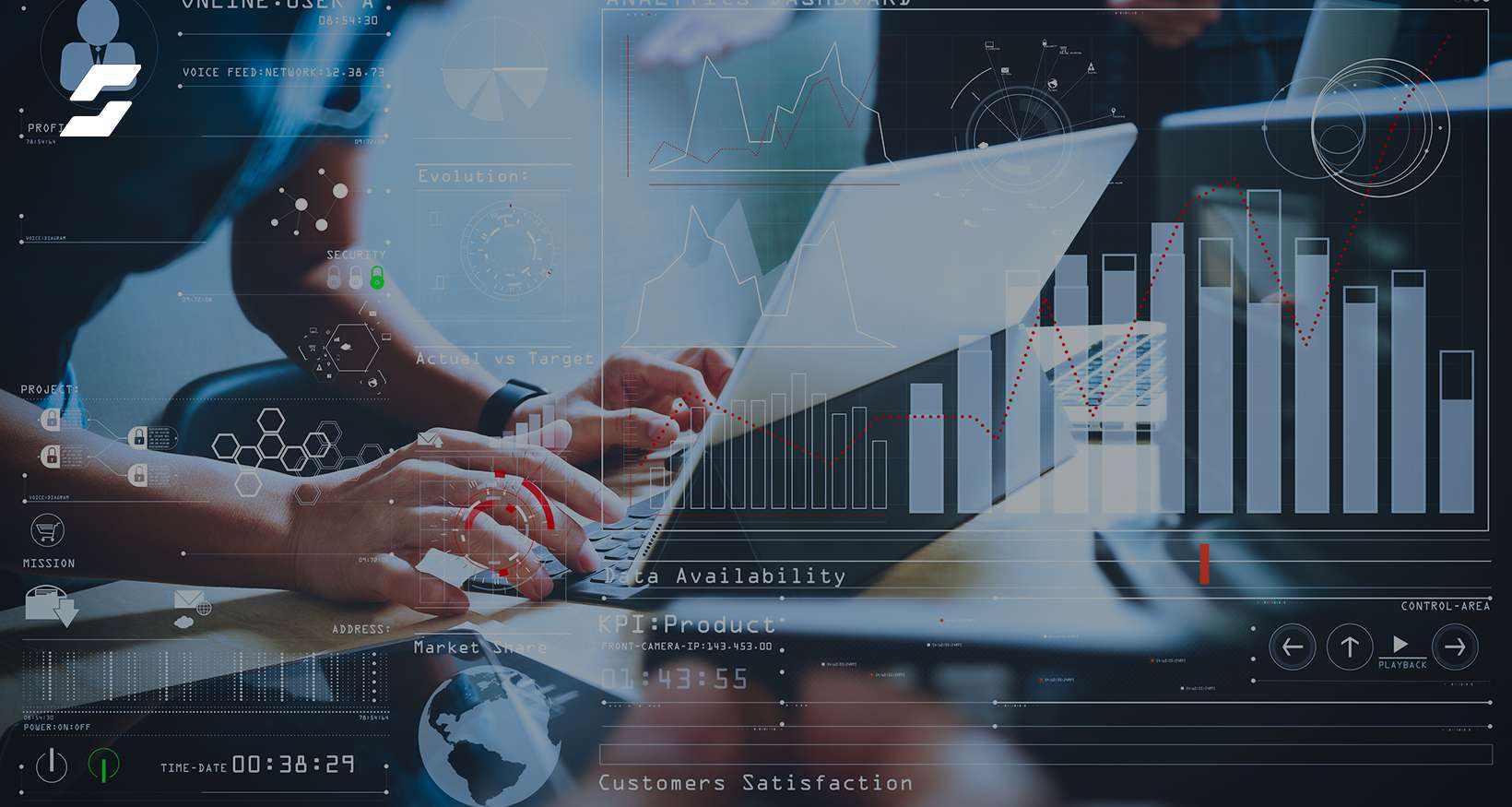Are you planning to reopen your office space soon? It is not a hidden fact that offices are going to be very different. Social distancing and other health safety regulations will alter the way a physical office space works.
For starters, you can’t have all your employees back working together. Therefore, adopting the hybrid model is the only choice. Desk booking will be at the heart of this new hybrid workplace.
It primarily allows employees to find and book desks. For managers, it is all about space utilization.
We have put together a list of features that an IT Manager should look for when investing in a desk booking software.
Also Read: What is a desk booking software?
What do You Look for When Buying Desk Booking Software?

A desk booking system must have a few essentials regardless of how many feel-good features it is marketed with. Here we list the basic features that you must look for:
1. It must support both hoteling and hot-desking
Hoteling and hot-desking are two different concepts. While the former allows advance booking, the latter makes desks available on a first-come-first-serve basis. Being equipped with both features provides greater flexibility and requires the least manual intervention. You wouldn’t want to have a dedicated resource to manage what is meant to be an automated system.
2. Desk booking software must have web and app versions
Employees should be able to book spaces from any location, any time, for the desk booking system to be truly useful. Having web and mobile app versions makes it possible. The availability of multiple interpretations is also an indicator of product maturity – which translates into lesser problems.
3. ‘Neighborhood’ discovery is an essential feature of an excellent desk booking software
A desk booking software should help employees book seats maintaining a safe distance from their colleagues. It is necessary to know who is seated next to the desk they wish to book.
Without a comprehensive floor plan, productivity might take a hit. It might also lead to tech adoption problems, and employees may end up circumventing the system.
4. Easy to integrate it with other applications and hardware
If the solution you purchase doesn’t integrate with your current systems, it is of little use. If it takes some effort to integrate, you must ensure it’s minimal.
Anyone with experience in IT management knows how difficult it could get to make two systems work together if one of them doesn’t support it. You might not want to buy software that is difficult to integrate with your current one for the same reason. Easy integration helps you save time during implementation and post-implementation maintenance too.
Bonus Read: WorkInSync is now on MS Teams
5. Your desk booking software must be secure
A desk booking system contains employees’ personal information and real-time utilization data. Therefore, the solution you pick should have enterprise-grade encryption and must comply with privacy standards. If it provides SSO support, then it’s all the better.
6. It must increase your efficiency and improve space optimization
Your desk booking solution must be intelligent to handle exceptions like no-shows, enable staggered visit times, predict overcrowding, and stop bookings when required. Without this level of automation, you could end up questioning yourself on the purchase. What good is automation if it needs constant human intervention?
7. Must be cost-effective and deliver a positive ROI
When you look for a cost of a solution, look beyond the license or subscription cost. Make sure you factor in the implementation, upgrading, and maintenance costs.
A solution that requires constant technical support for integration and upgrades could end up costing significantly more money in the long run. At times, a higher upfront cost may be a cheaper option. Hence, spending some time on due diligence could save long-term expenses.
What Else Matters When Buying Desk Booking Software?

Apart from the other features, here are other points that would serve you well:
1. Your primary goal must be to optimize space
It could be tempting to book software that does more than desk booking. However, you must exercise caution to ensure that you do not move into areas that lead to discomfort or delay in adoption. For instance, few solutions cross into the territories of employee tracking. It might perhaps make people hesitant to use it.
2. Is it a modular solution that you can add new features to later on?
Businesses are more dynamic than ever. You might register sudden growth or may pivot into a new model. In situations like these, you would be thankful if your solution adapts to the changing business reality.
3. Would you want to extend the booking feature to other equipment or assets?
If you are using software for desk booking, you would want to extend it to rooms, projectors, scanners, or any other piece of equipment that various teams share among themselves. Check with your vendor if the solution offers such flexibility.
4. Is it intuitive enough to use or demands extensive training?
Often a great tool doesn’t find a large number of users due to its complexity. It inadvertently incentivizes people to look away and find simple ways of working. So, user-friendliness is one of the critical success factors in a desk booking software’s implementation. Choose one that requires minimal training and doesn’t break if employees try to experiment and learn.
Also Read: How to choose a desk booking software?
Conclusion
It is now a fact that flexible workplaces are here to stay. So, any investment you make towards it is a long-term investment. A desk booking software is an indispensable component of the new workplace you are building.
As an IT manager tasked with finding desk hoteling software, you must find a feasible solution. Armed with this checklist, you should be able to find a suitable solution faster.
Stay tuned to know more about hybrid work and its software that makes a seamless transition possible.

